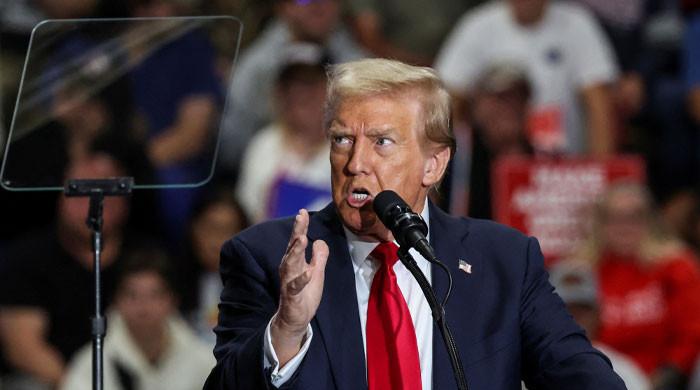Kia, Hyundai owners hit panic button as 3.37 million cars recalled over fire risks
Hyundai has reported a total of 21 fires and 21 additional thermal incidents dating back to 2017
September 28, 2023
Auto manufacturers Kia and Hyundai have jointly issued a recall for a staggering 3.37 million vehicles across the United States due to the potentially hazardous risk of engine fires.
Owners are advised to park their affected vehicles outdoors and away from structures until the necessary repairs are completed.
The cause for concern, as identified by the automakers, revolves around internal brake fluid leaks that can trigger electrical shorts, ultimately posing a fire hazard.
The National Highway Traffic Safety Administration (NHTSA) has echoed the recommendation of both automakers, emphasising that vehicle owners should adhere to the precautionary measures until their vehicles undergo the required fixes.
Hyundai has reported a total of 21 fires and 21 additional thermal incidents dating back to 2017, all linked to the recall. Kia, on the other hand, has confirmed at least 10 fires and instances of melting components.
Notably, there have been no reports of crashes, injuries, or fatalities associated with these recalls, as per the NHTSA's statement.
The recall initiated by Kia America encompasses a broad spectrum of models, including Borrego, Cadenza, Forte, Sportage, K900, Optima, Soul, Rio, Sorento, and Rondo vehicles, spanning various model years from 2010 through 2017. The common issue across these vehicles is the Hydraulic Electronic Control Unit (HECU), which may experience an electrical short due to brake fluid leaks, potentially leading to engine compartment fires during both parked and driving conditions.
Hyundai's recall affects 1.64 million vehicles, encompassing Elantra, Genesis Coupe, Sonata Hybrid, Accent, Azera, Veloster, Santa Fe, Equus, Veracruz, Tucson, Tucson Fuel Cell, and Santa Fe Sport models from model years 2011 through 2015.
In this case, the concern is related to the Anti-Lock Brake System (ABS) module, which may exhibit internal brake fluid leakage, subsequently causing an electrical short that could result in engine compartment fires while the vehicle is either parked or in motion.
To address these issues, Hyundai intends to notify affected owners and arrange for them to visit a dealership where the ABS module fuse will be replaced. Kia, however, is still in the process of developing a solution, with plans to notify affected vehicle owners about the recall in November. This joint recall underscores the automakers' commitment to ensuring the safety and well-being of their customers.











